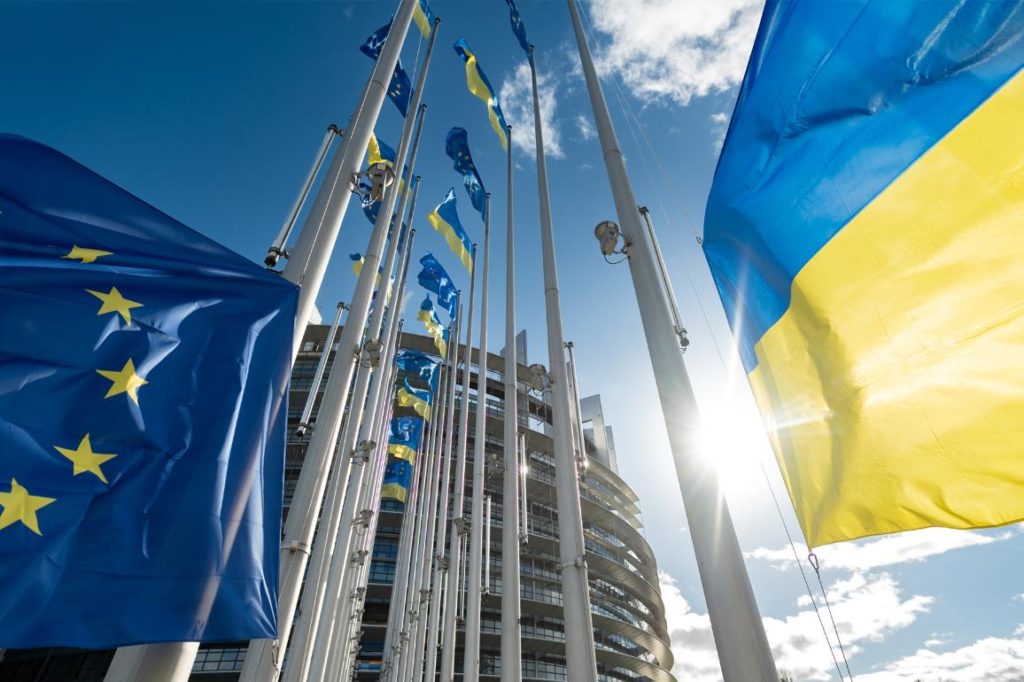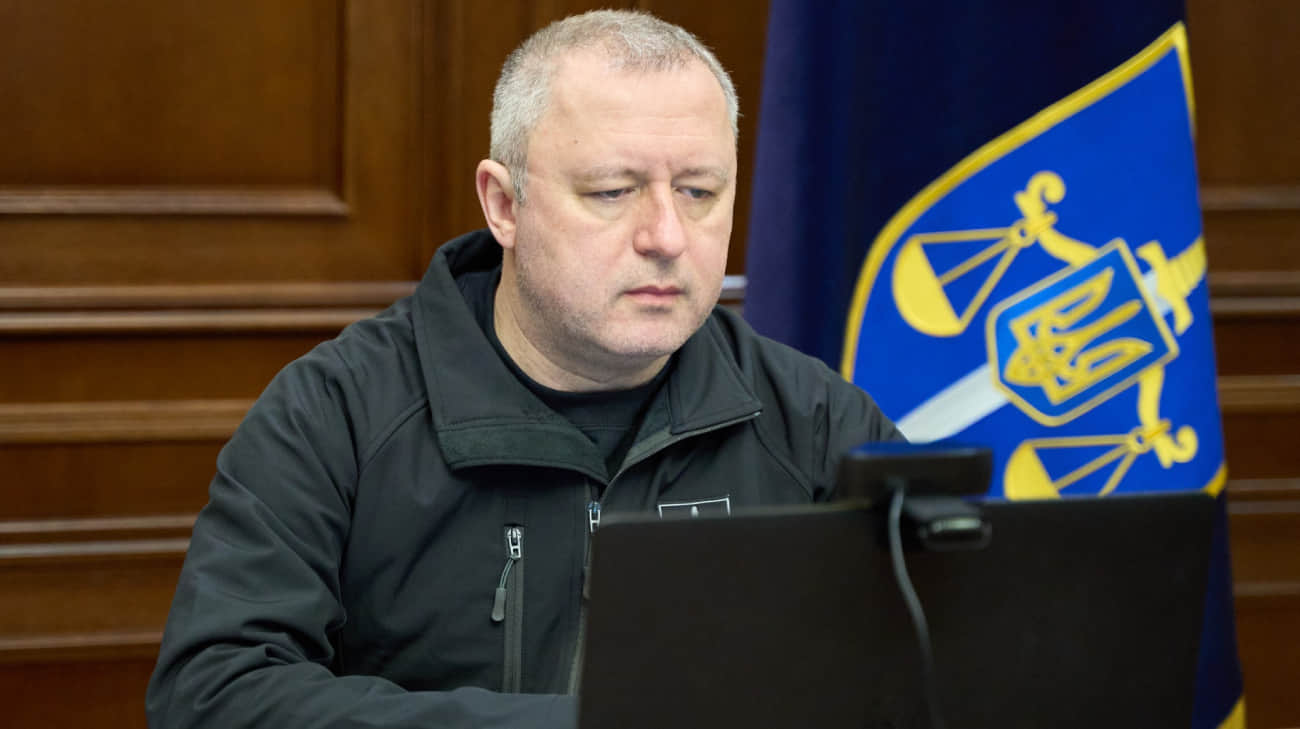Hungary is blocking EU accession talks for Ukraine at ambassadors meeting
Hungary is obstructing the approval of the negotiation framework for Ukraine's EU accession, citing concerns over national minority rights.


Hungary is blocking the approval of the draft negotiation framework for Ukraine’s EU accession at an EU ambassadors’ meeting due to issues regarding the rights of national minorities, according to Rikard Jozwiak, Radio Free Europe/Radio Liberty’s editor on European affairs.
On 29 May, representatives of the 27 EU governments are discussing the European Commission’s draft negotiation frameworks for Ukraine and Moldova, as per EurActiv.
“Discussion today among EU ambassadors on the accession negotiation framework for Ukraine and Moldova. Hungary is blocking Ukraine’s (decision), though not Moldova, due to 11 bilateral issues on national minorities in Ukraine. The idea is still to formally open the accession talks at the end of June, but unanimity needed,” said Jozwiak on social media.
The EU is considering integrating Ukraine and Moldova into the EU jointly, which means that without a decision on Ukraine, a decision on Moldova will also be stalled.
The bloc still aims to officially start accession talks with Ukraine and Moldova by the end of June, but this requires the unanimous agreement of all EU member states, including Hungary.
The experts said that June was chosen as Hungary will begin its six-month presidency of the EU Council in a few months, which could potentially lead to stallment of decisions regarding Ukraine’s accession.
Politico: Brussels push to start Ukraine’s EU membership talks in June
Expert working groups are expected to work on the technical details of a potential deal, which could be discussed by EU ambassadors next week.
Read also:
- What is Ukraine’s victory strategy? We need to discuss it, now
- Russia’s “ultimate” red line is as hollow as the first ten
- The European Union’s new triumvirate
- Why Ukraine’s battle is crucial for dismantling the global “axis of evil”
You could close this page. Or you could join our community and help us produce more materials like this.
We keep our reporting open and accessible to everyone because we believe in the power of free information. This is why our small, cost-effective team depends on the support of readers like you to bring deliver timely news, quality analysis, and on-the-ground reports about Russia's war against Ukraine and Ukraine's struggle to build a democratic society.
A little bit goes a long way: for as little as the cost of one cup of coffee a month, you can help build bridges between Ukraine and the rest of the world, plus become a co-creator and vote for topics we should cover next. Become a patron or see other ways to support.



